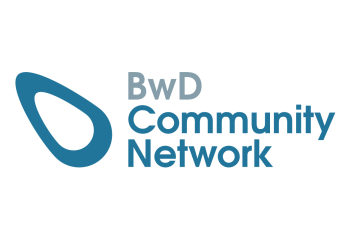In 2025, community groups in the UK are likely to face and overcome a variety of challenges, shaped by social, economic, and political factors.
Here are ten key challenges we might be encountering throughout the course of this year: –
- Funding and Financial Sustainability:
Many community groups depend on grants and donations, which can fluctuate. Securing long-term financial support amid reduced government funding and economic uncertainty may prove difficult. - Volunteering Decline:
As people’s lifestyles become busier, attracting and retaining volunteers could become harder, impacting groups who rely on volunteers to support and enhance our operations. - Economic Inequality and Poverty:
Rising living costs, especially housing and food, may exacerbate poverty and inequality, creating additional pressures on community groups that aim to support the most vulnerable populations. - Digital Inclusion:
As more services move online, many community members – particularly elderly individuals, those with lower digital literacy and those struggling to access Internet-based resources – could be excluded, limiting their access to crucial support networks. - Mental Health and Wellbeing:
Mental health issues, exacerbated by ongoing economic strain, may place increasing demand on community-based services, with limited resources to meet the needs of clients experiencing poor mental health. - Immigration and Integration:
With continued migration and demographic shifts, community groups may face challenges in supporting integration, fostering inclusion, and tackling social tensions, particularly in areas with high levels of diversity. - Climate Change and Environmental Sustainability:
As the impact of climate change intensifies, community groups may need to adapt their services, address environmental challenges, and engage in sustainability efforts, often with limited resources. - Political and Regulatory Uncertainty:
Changing government policies, including devolved powers, and shifting political landscapes may create confusion or unpredictability, making it difficult for community groups to plan and operate effectively. - Health Inequalities:
With an aging population and health disparities in different regions, groups may struggle to address gaps in healthcare provision and ensure equitable access to services. - Social Polarization and Division:
Increased social and political polarization could make community cohesion more challenging, with potential for tensions between different groups based on issues like race, religion, or socio-economic status.
These challenges require creative problem-solving, collaboration, and adaptation to changing circumstances in order for community groups to continue serving their members effectively. As ever, we’re here to help, listen and learn. What sort of things are your groups doing to address issues such as these? Are there any we’ve missed? We’d love to hear your stories.
(Image: Magda Ehlers via Pexels.com).


